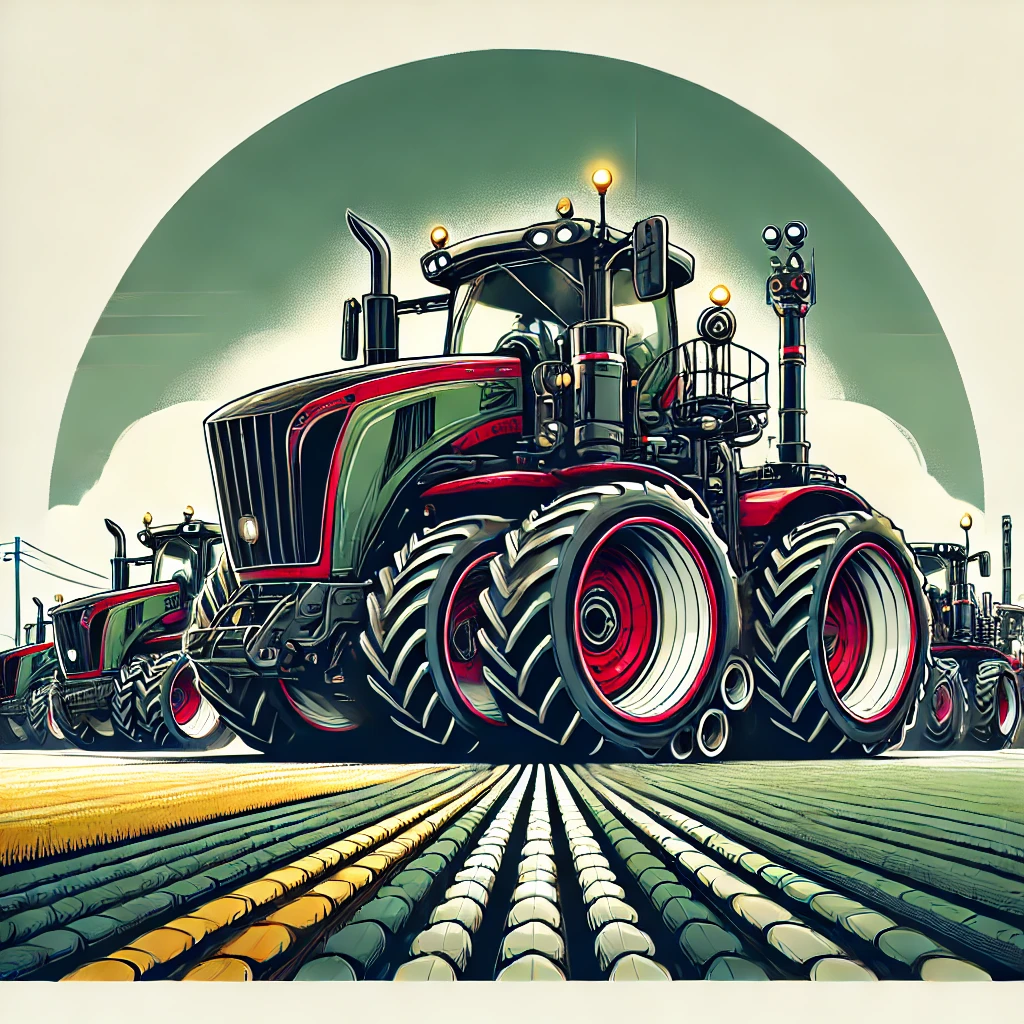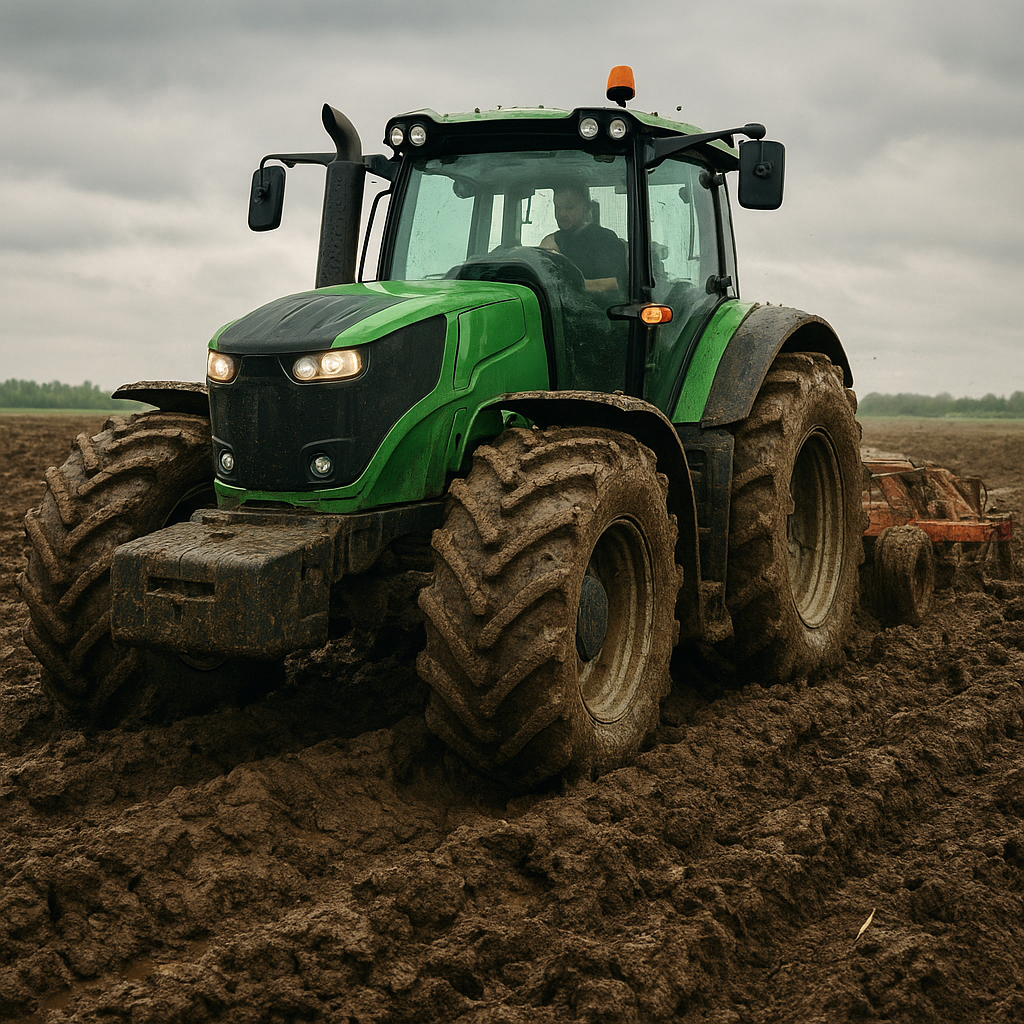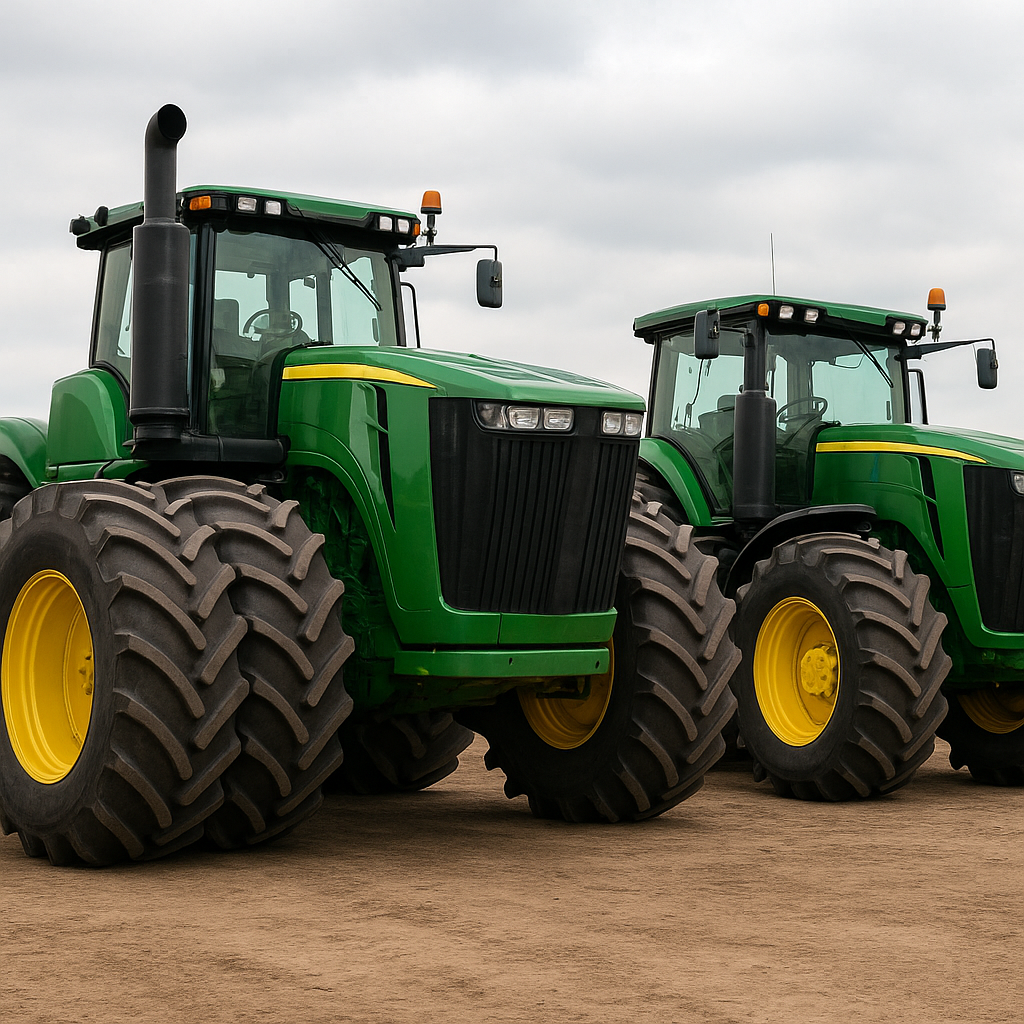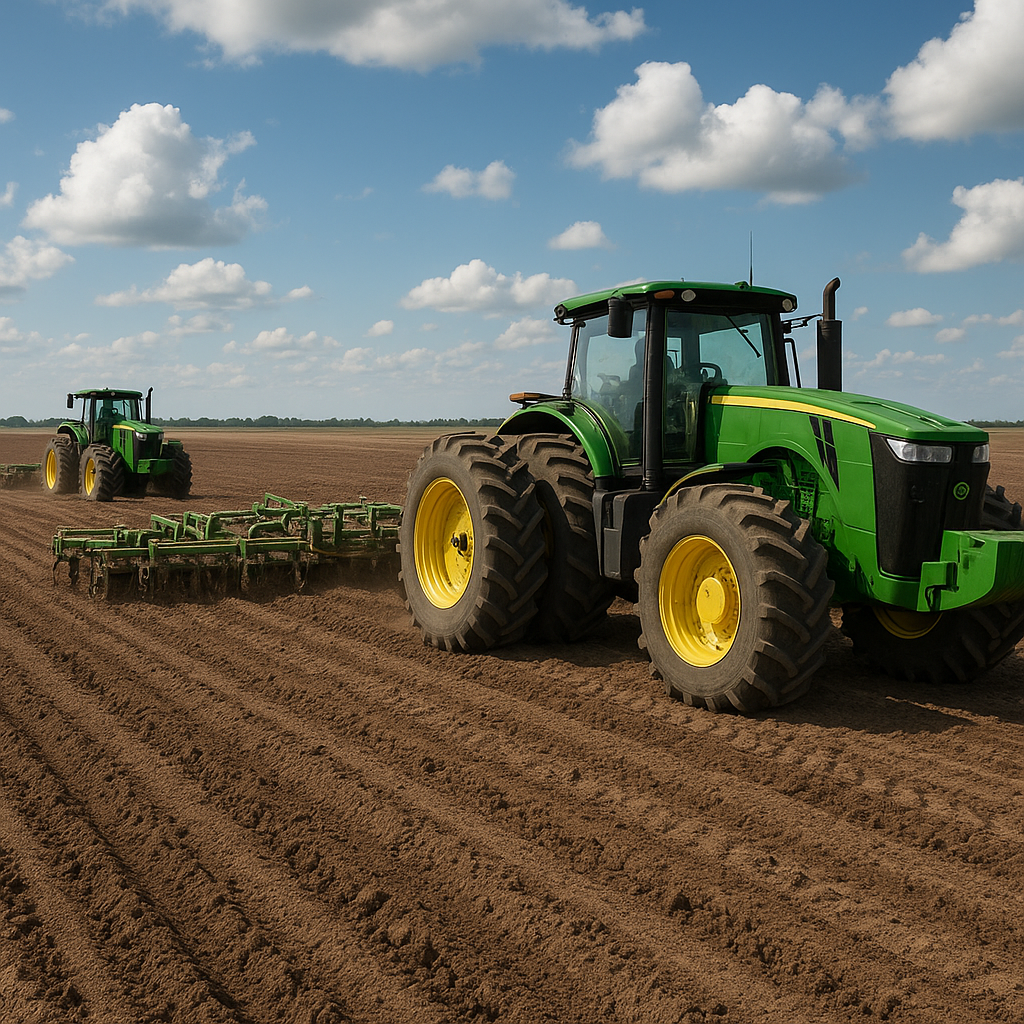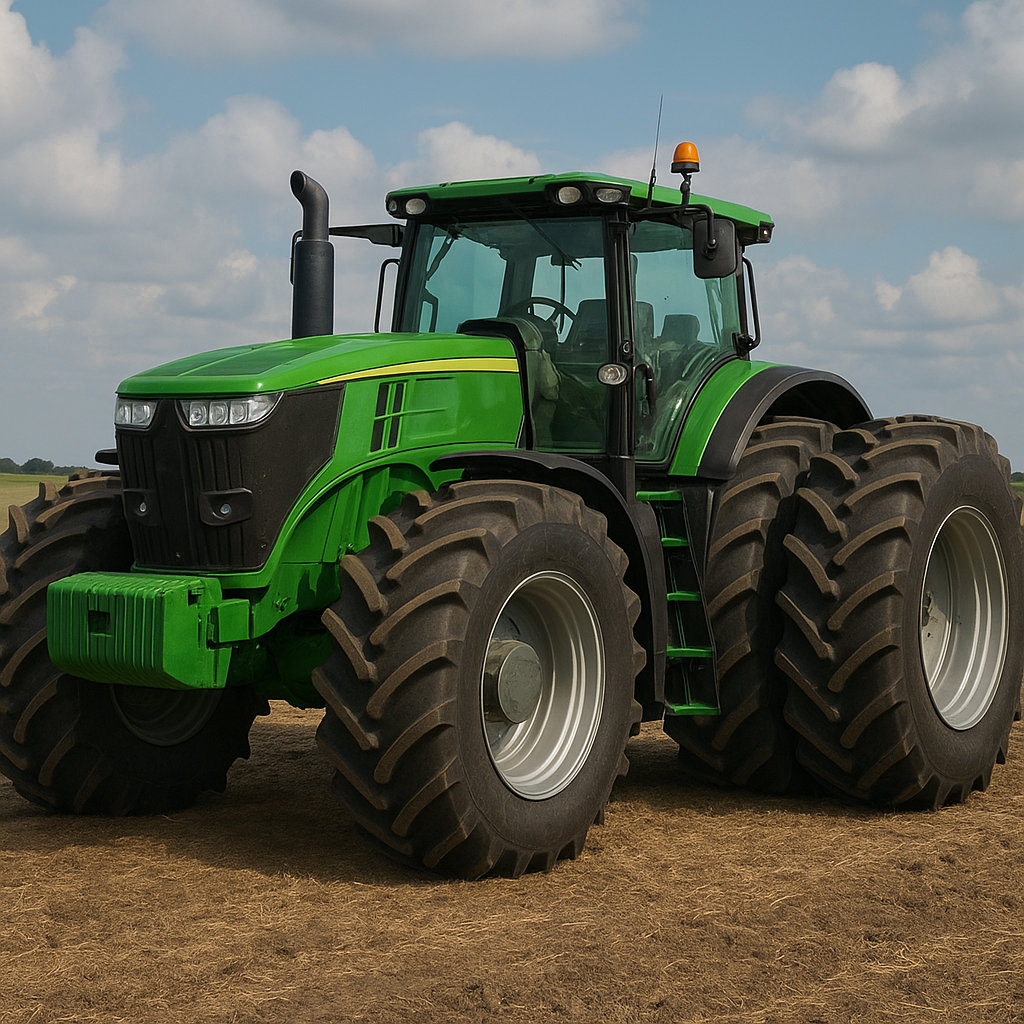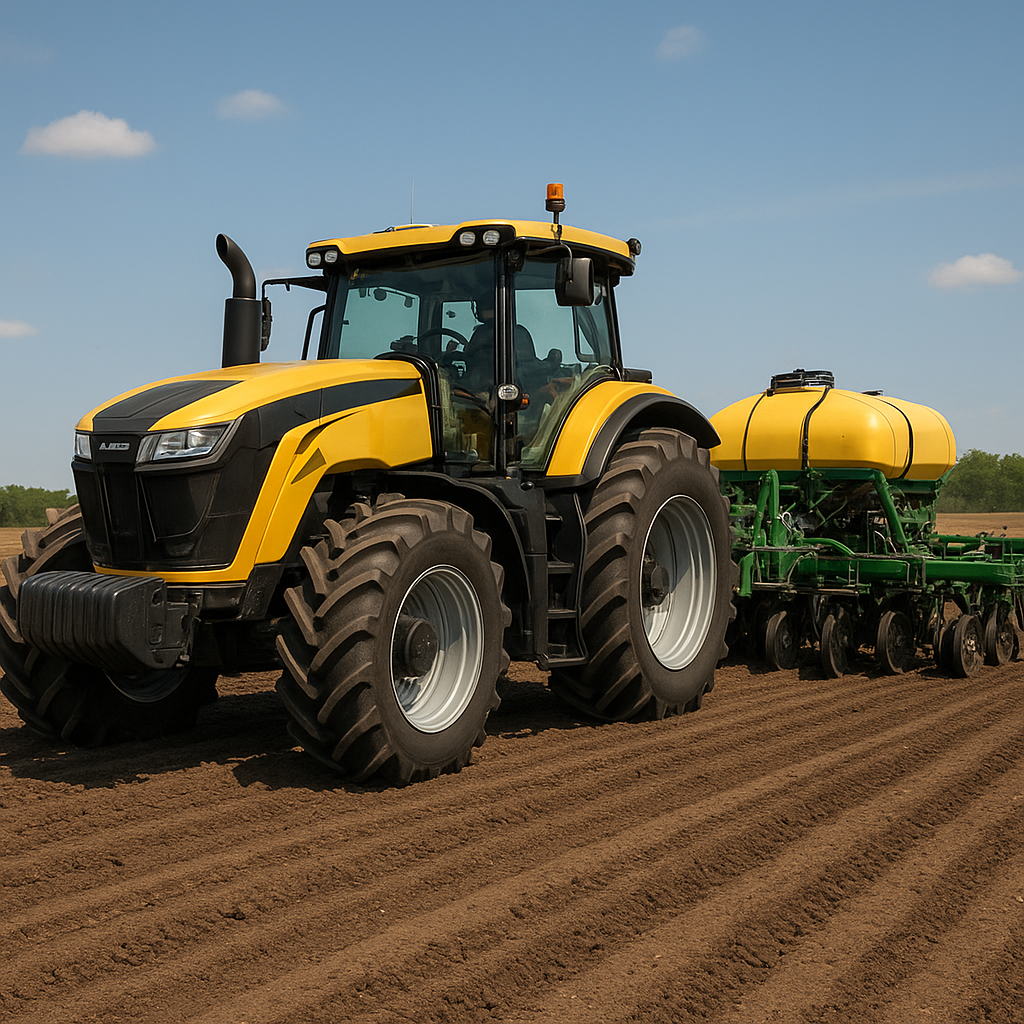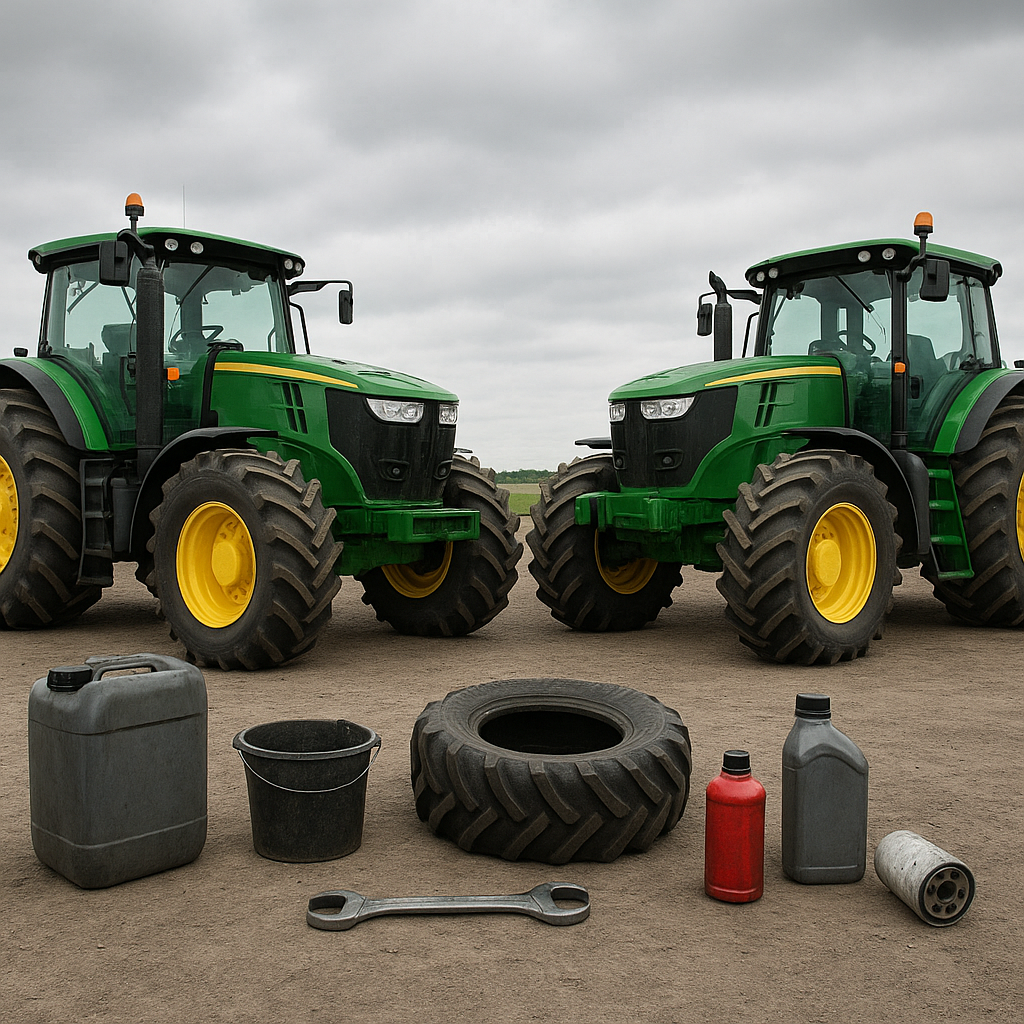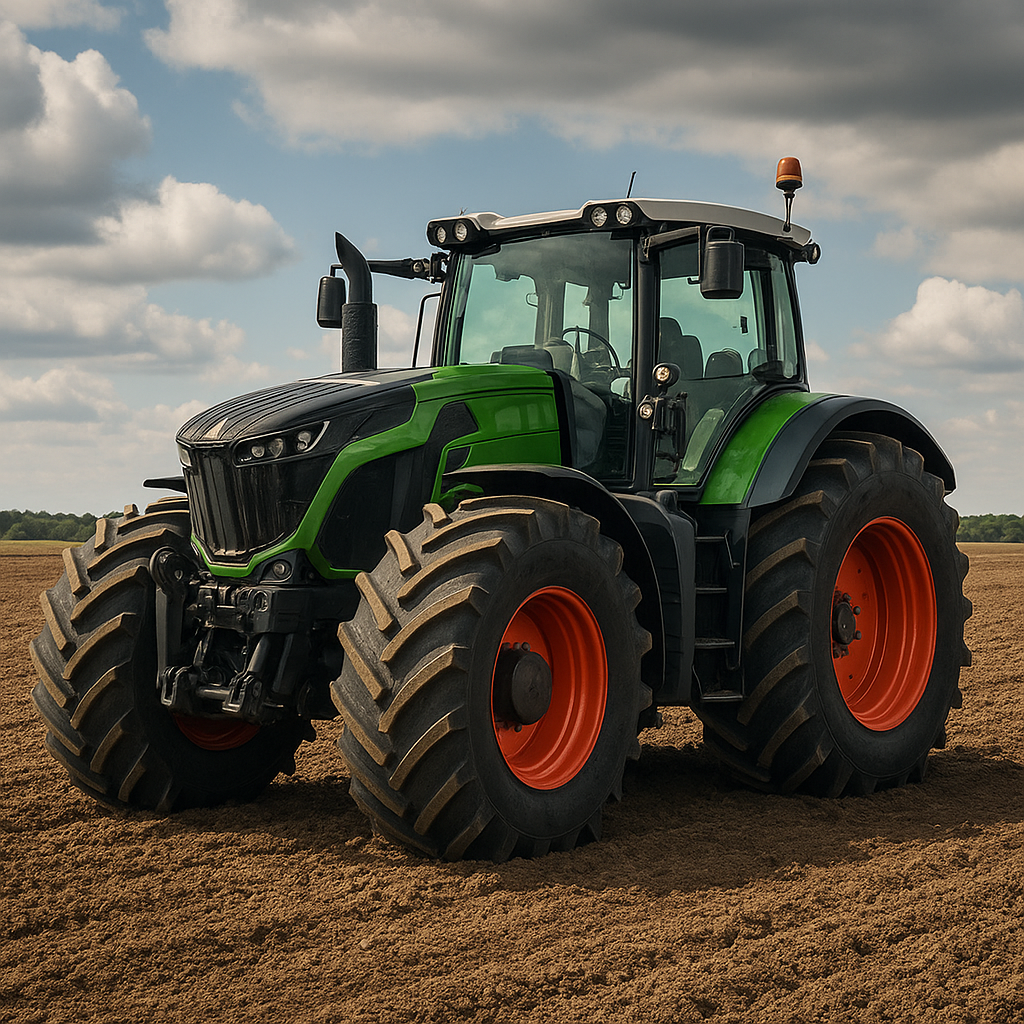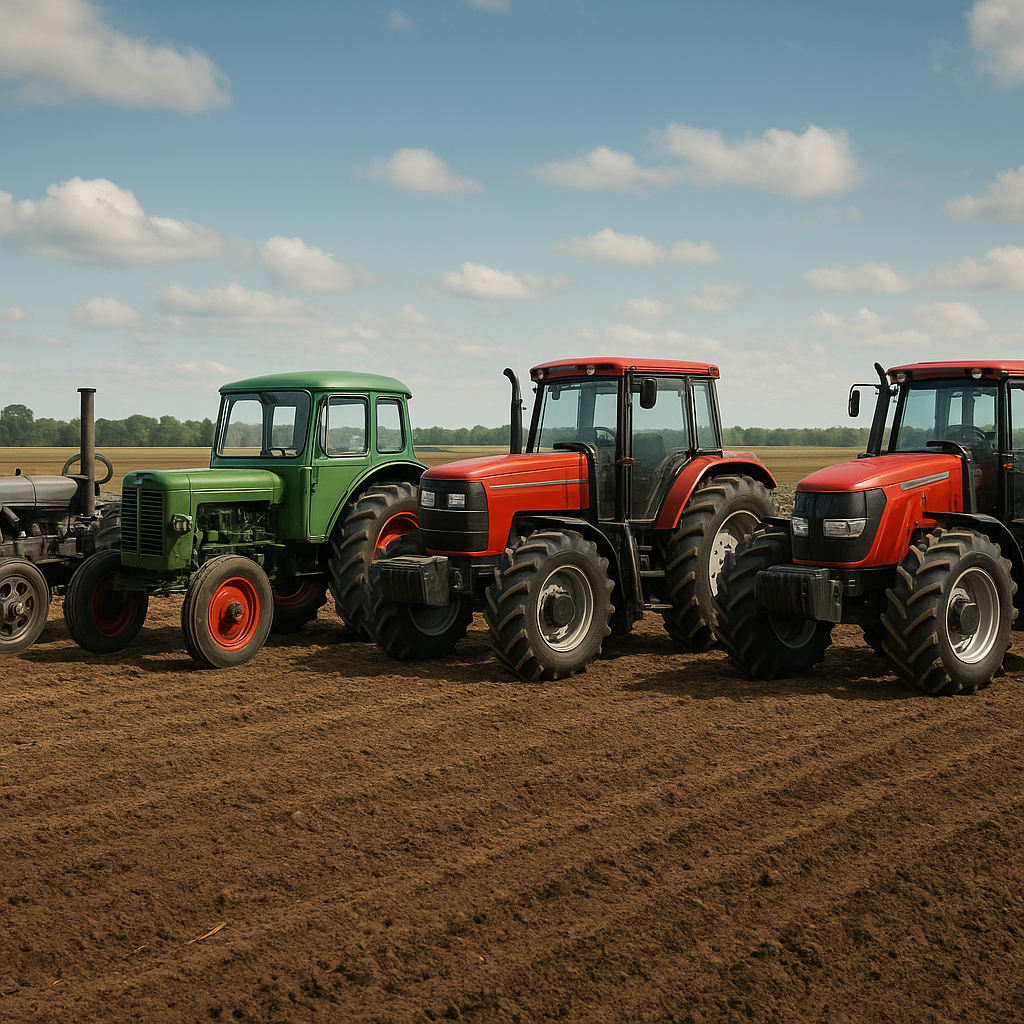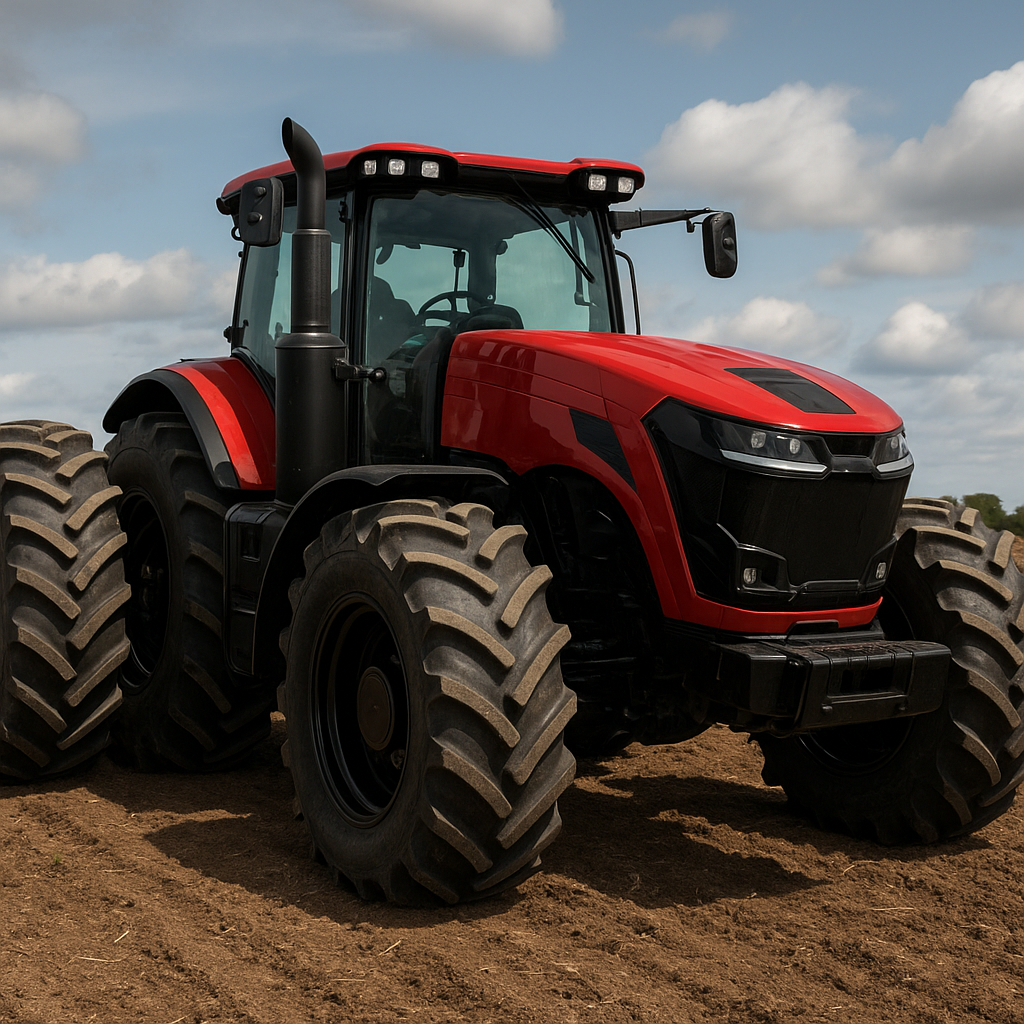Choosing the right tractor brand is a critical decision for any farmer, as it can significantly impact the efficiency and productivity of their operations. With numerous brands available in the market, each offering a variety of models with different features, making an informed choice can be challenging. This article aims to guide you through the essential factors to consider when selecting a tractor brand for your farm.
Understanding Your Farm’s Needs
Before diving into the specifics of different tractor brands, it’s crucial to have a clear understanding of your farm’s unique requirements. The size of your farm, the type of crops you grow, and the specific tasks you need the tractor to perform are all critical factors that will influence your decision.
Farm Size and Terrain
The size of your farm plays a significant role in determining the type of tractor you need. For smaller farms, a compact or sub-compact tractor may be sufficient. These tractors are generally more affordable and easier to maneuver in tight spaces. On the other hand, larger farms may require more powerful tractors with higher horsepower to handle extensive fields and heavy-duty tasks.
Additionally, the terrain of your farm is another important consideration. If your farm has hilly or uneven terrain, you’ll need a tractor with good stability and traction. Some brands offer models specifically designed for challenging terrains, with features like four-wheel drive and advanced suspension systems.
Types of Tasks
Different tractors are designed to excel at different tasks. For instance, if you need a tractor primarily for plowing and tilling, you’ll want a model with strong pulling power and durable implements. If your tasks include mowing, hauling, or loading, you might need a versatile tractor with a range of attachments and accessories.
Consider making a list of the primary tasks you need your tractor to perform and look for brands that offer models tailored to those specific needs. This will help narrow down your options and ensure you choose a tractor that can handle all your farm’s requirements efficiently.
Evaluating Tractor Brands
Once you have a clear understanding of your farm’s needs, the next step is to evaluate different tractor brands. Here are some key factors to consider when comparing brands:
Reputation and Reliability
The reputation of a tractor brand is a good indicator of its reliability and performance. Established brands with a long history in the industry are often more trustworthy, as they have a proven track record of producing high-quality tractors. Research customer reviews, testimonials, and expert opinions to get a sense of each brand’s reputation.
Reliability is especially important for farmers, as a breakdown during critical farming periods can lead to significant losses. Look for brands known for their durable and dependable tractors, with minimal downtime and easy maintenance.
Dealer Support and Service
Having access to reliable dealer support and service is essential for maintaining your tractor’s performance. When evaluating brands, consider the availability of local dealerships and their reputation for customer service. A good dealer will provide prompt and efficient service, including regular maintenance, repairs, and access to genuine spare parts.
Additionally, some brands offer extended warranties and service packages, which can provide peace of mind and protect your investment in the long run. Make sure to inquire about these options when comparing brands.
Technology and Innovation
Modern tractors come equipped with a range of advanced technologies that can enhance productivity and ease of use. When choosing a tractor brand, consider the technological features offered by each brand. Some common innovations include:
- GPS and Precision Farming: Many brands offer tractors with integrated GPS systems and precision farming technologies, allowing for more accurate planting, fertilizing, and harvesting.
- Telematics: Telematics systems enable remote monitoring and diagnostics of your tractor, helping you keep track of its performance and maintenance needs.
- Automated Steering: Automated steering systems can reduce operator fatigue and improve efficiency by maintaining precise control over the tractor’s movements.
Investing in a brand that prioritizes innovation can provide long-term benefits, as these technologies can help you optimize your farming operations and stay competitive in the industry.
Cost and Financing Options
The cost of a tractor is a significant factor for most farmers, and it’s important to find a balance between quality and affordability. When comparing brands, consider the initial purchase price as well as the long-term costs of ownership, including maintenance, fuel, and potential repairs.
Initial Purchase Price
Tractor prices can vary widely depending on the brand, model, and features. While it may be tempting to choose the cheapest option, it’s important to consider the overall value and whether the tractor meets your specific needs. Sometimes, investing a bit more upfront can save you money in the long run by reducing maintenance and repair costs.
Financing and Leasing Options
Many tractor brands offer financing and leasing options to make purchasing a tractor more affordable. These options can help you spread the cost over time and manage your cash flow more effectively. When evaluating financing options, consider the interest rates, repayment terms, and any additional fees or charges.
Leasing can be a good option if you prefer to upgrade your equipment regularly or if you have short-term needs. However, it’s important to understand the terms of the lease agreement and any potential restrictions or penalties.
Conclusion
Choosing the right tractor brand for your farm is a complex decision that requires careful consideration of various factors. By understanding your farm’s needs, evaluating different brands based on reputation, dealer support, technology, and cost, you can make an informed choice that will enhance your farm’s productivity and efficiency. Take the time to research and compare your options, and don’t hesitate to seek advice from experts and fellow farmers to ensure you make the best decision for your unique situation.
